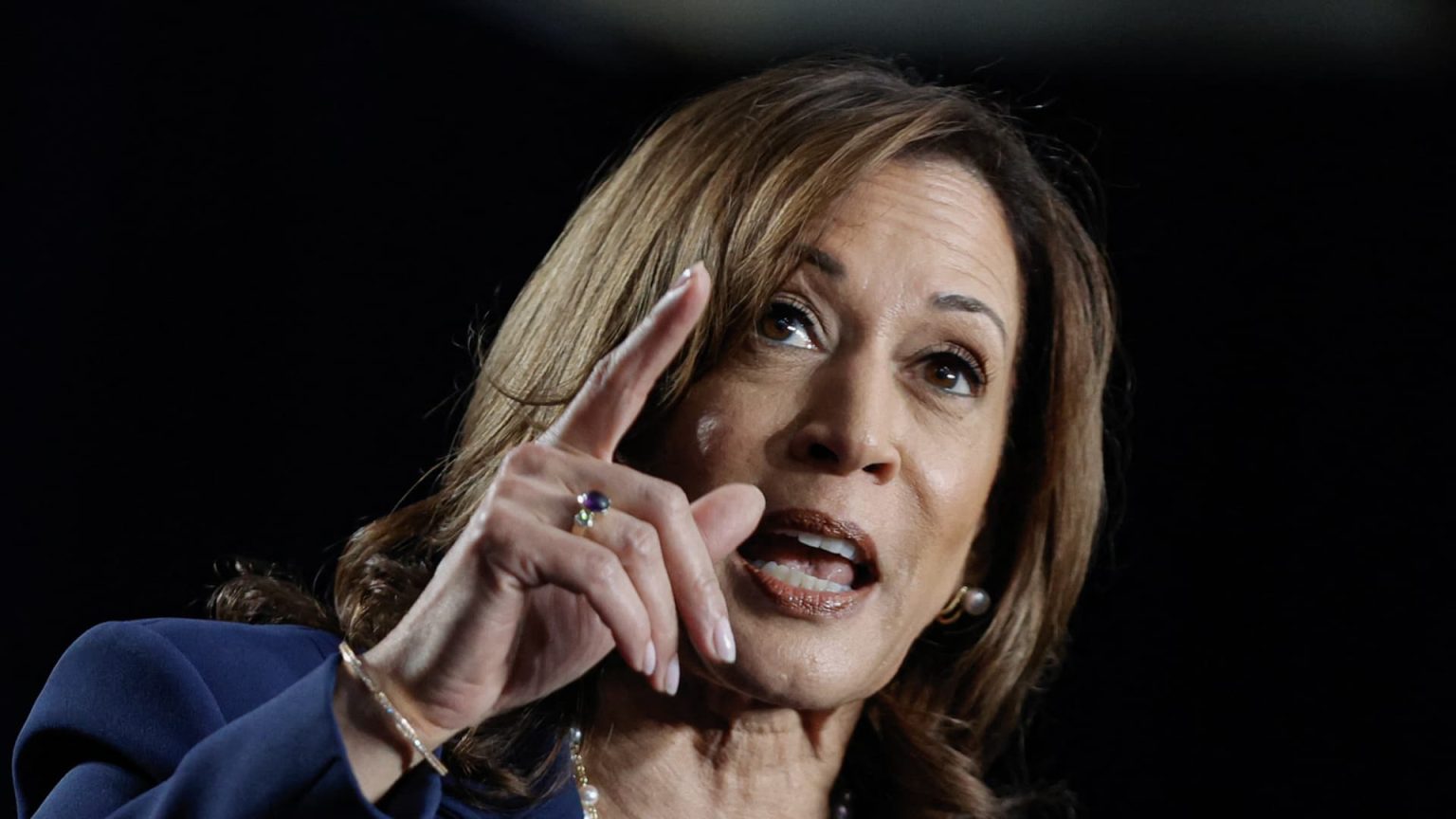Republican presidential nominee Donald Trump said in a recent interview that he “probably” will debate Vice President Kamala Harris, but also left room for ambiguity about facing his Democratic opponent. This comes after President Joe Biden withdrew his reelection bid following a disastrous debate against Trump. While Trump had previously challenged Biden to debate anytime, anywhere, his tone shifted when discussing debating Harris, whom he referred to as a “radical left lunatic.” He mentioned that a large portion of voters have already made up their minds before debates take place, but ultimately expressed willingness to debate Harris.
Trump’s comments on debating Harris came after she publicly pushed for a debate, regardless of his participation. Harris’s campaign spokesman stated that she would be at the Sept. 10 presidential debate, whether Trump attends or not. Harris has accused Trump of “backpedaling” from the debate and has emphasized the importance of voters seeing the two candidates on a debate stage. Trump, on the other hand, expressed some reluctance about the network hosting the debate, ABC, but indicated a willingness to debate Harris multiple times.
While Trump initially said he would be willing to debate Harris, he later stated that it would be inappropriate to schedule a debate against her before she becomes the official Democratic nominee. He cited the political chaos surrounding the Democratic Party and the possibility of Democrats changing their minds about their nominee as reasons to delay scheduling a debate. Despite this, ABC News released qualification requirements for the debate, suggesting that they are moving forward with their plans regardless of Trump’s commitment.
The shifting dynamics of the race have led to uncertainty about potential debates between Trump and Harris. While Trump expressed a desire to debate and highlighted his success in previous debates, he also hinted at possible reasons for avoiding a face-to-face confrontation with his opponent. Harris, on the other hand, has been vocal about her readiness to debate and has pushed for a debate with Trump, emphasizing the importance of voters hearing from the two candidates. The back and forth between the two campaigns highlights the significance of debates in the electoral process and the strategies employed by each side.
In the lead-up to a potential debate between Trump and Harris, both campaigns have taken different approaches in discussing the possibility of facing off. Trump has emphasized his debate experience and the importance of timing for debates in influencing voter decisions. Harris, on the other hand, has consistently advocated for a debate and criticized Trump for apparent hesitation or backpedaling on the issue. As the date of the debate approaches, the focus will likely shift to the format, topics, and potential impact on voters as the two candidates prepare to make their case to the American people.
The debate between Trump and Harris, if it takes place, could be a pivotal moment in the presidential race. Both candidates have strengths and weaknesses that could be highlighted in a debate setting, potentially influencing voter perceptions and decisions. The discussion around the debate underscores the importance of this tradition in American politics, providing an opportunity for candidates to directly address each other and present their policies and visions to the public. As the campaigns continue to navigate the debate schedule and format, the American people will be watching closely to determine who they believe is best suited to lead the country.


